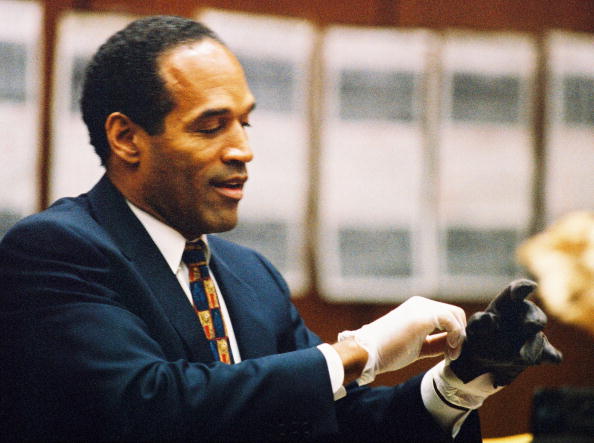ATLANTA – A jury’s inability to condemn courthouse gunman Brian Nichols to death has re-energized efforts by Georgia lawmakers to allow a judge to consider capital punishment even if there’s no unanimous verdict, as a growing chorus of officials says it’s time to give the policy another look.
Nichols was sentenced Saturday to life in prison without parole after a jury failed to deliver a unanimous death sentence for the murders of four people. Minutes after the sentencing, Fulton County District Attorney Paul Howard became among the first to call for a revived effort to tweak the death penalty rules.
“There should be some consideration of non-unanimous verdicts so that the minority of people that don’t consider death won’t get a chance to decide the outcome,” he said at an emotional post-trial news conference.
He and other policymakers say the Nichols case could become a rallying cry for legislation aimed at preventing a “rogue” death penalty opponent on a jury from sabotaging a capital case.
“Without question you’ll see that bill come back,” said state Rep. David Ralston, who chairs a key House judiciary committee. “People are very concerned whether jurors are being truthful about their feelings about the death penalty, and whether they are really committed to following the law.”
Twice in the last two years, the House passed proposals to allow judges to impose a death sentence if one or two jurors vote against it. Both times the plan was defeated in the Senate, where it faced fierce opposition from GOP attorneys who warned it would put life-or-death decisions in the hands of a judge instead of a jury.
Yet some opponents are now saying changes to the death penalty rules are worth another look.
“This case has rocked Georgia’s criminal justice system. When you have a case where this much money is spent, this much time, it does beg the question if the system is operating properly,” said state Sen. Preston Smith, a Rome Republican who voted against the bill in March. “I think we’re going to take a hard look at it.”
Smith, who chairs the Senate’s judiciary committee, added: “This case has been a poster child for why there needs to be reform in the system.”
Georgia law has long required that death sentences can only be returned by unanimous jury verdicts.
If even one of the 12 jurors will not support a sentence of death, a judge must decide whether to sentence a defendant to life in prison, with or without the possibility of parole.
Superior Court Judge James Bodiford was forced to make that choice Saturday after the Nichols jury deadlocked at 9-3, with nine in favor of the death penalty and the other three in favor of life without parole.
After the sentencing, the prosecutor said jurors had told him the three holdouts refused to deliberate and were adamantly against the death penalty.
“They came in with the belief the death penalty would never be just,” said Howard, who supports changing the law to allow the death penalty if up to three jurors vote against it.
Critics worry that changing the rules would lead to longer, costlier appeals and upend centuries of established legal tradition.
“We can’t change the rules every time something happened that people didn’t like,” said Stephen Bright, a prominent death penalty opponent who heads the Atlanta-based Southern Center for Human Rights.
“If you have to convince everyone, the dynamic is that everybody has to listen to everybody. If you have less than unanimous juries, then you just take a vote,” he said. “One of the beauties of the system is it requires everybody to respond.”
State Rep. Barry Fleming, a Harlem Republican who sponsored the two failed efforts to change the unanimity requirement, said the Nichols case shows that state laws must keep up with a changing society.
“We’re in a day and age when people get on a jury and they’ll say they will vote for a death penalty, but simply won’t do it. That has to be accounted for,” he said. “To give the judge the option in these terrible cases is the right thing to do. There ought to be a safety valve.”
















